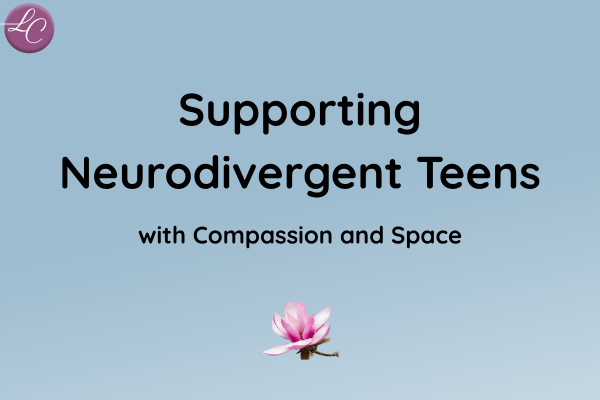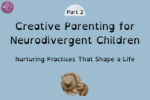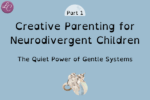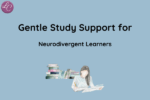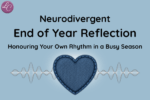Supporting Neurodivergent Teens with Compassion and Space
If you’re parenting or guiding a neurodivergent teen — whether they’re autistic, ADHD, PDA, dyslexic, or wonderfully wired in other ways — you know how delicate this season of life can be.
Teens naturally crave independence, but for neurodivergent young people, this need is often magnified by a nervous system that’s easily overloaded. As a life coach and sound healer specialising in neurodivergence, I’ve witnessed time and again how gentle support, rather than heavy-handed help, makes all the difference.
Respecting their nervous system
Neurodivergent teens are often scanning for social and sensory threats without even realising it. What looks like “overreacting” may simply be their body protecting itself.
Pushing, pressuring or micro-managing can make them retreat even more. Try instead:
✅ “Would you like some help organising your week or prefer to handle it solo?”
✅ “I’ll be in the next room if you need me.”
These little shifts honour their autonomy — and calm their vigilant nervous system.
Less talking, more presence
Not every teen wants to “talk it out.” Words can scrape like sandpaper on raw nerves, especially when emotions are high.
So consider text messages, shared notes, or quiet parallel activities. Sometimes healing happens side by side, not face to face.
Honour their sensory recovery
After a day of bright lights, noisy corridors and constant social decoding, your teen might decompress by lying in bed scrolling. It’s not lazy — it’s survival. Their body needs this reset.
Co-regulate together
One of the most profound tools is simply your calm energy. Breathe slowly, soften your voice, ground your feet. Your nervous system will gently invite theirs to settle too.
This is where my sound healing comes in — the vibrations of bowls, drums or chimes can do wonders for both of you, regulating through resonance.
A reminder: they’re not broken
So many neurodivergent teens believe they’re too much, or not enough. They need to hear:
- “It’s okay to rest.”
- “Your brain isn’t wrong, it’s just different.”
- “I love who you are.”
Want more gentle insights?
I go deeper into this in my video Supporting Neurodivergent Teens Without Smothering Them — watch it below.
You’ll also find these valuable:
- Understanding PDA in Children (especially as demand avoidance often carries through to teens)
- Why Eye Contact Can Feel So Hard (and That’s Okay) (because social overwhelm is real)
You can find these — along with soothing sound sessions, supportive chats, and honest reflections for my neurokin — on my YouTube channel, Different… And Loving It!
Supporting neurodivergent teens isn’t about fixing them.
It’s about offering them spacious compassion so they can unfold into their truest selves.

